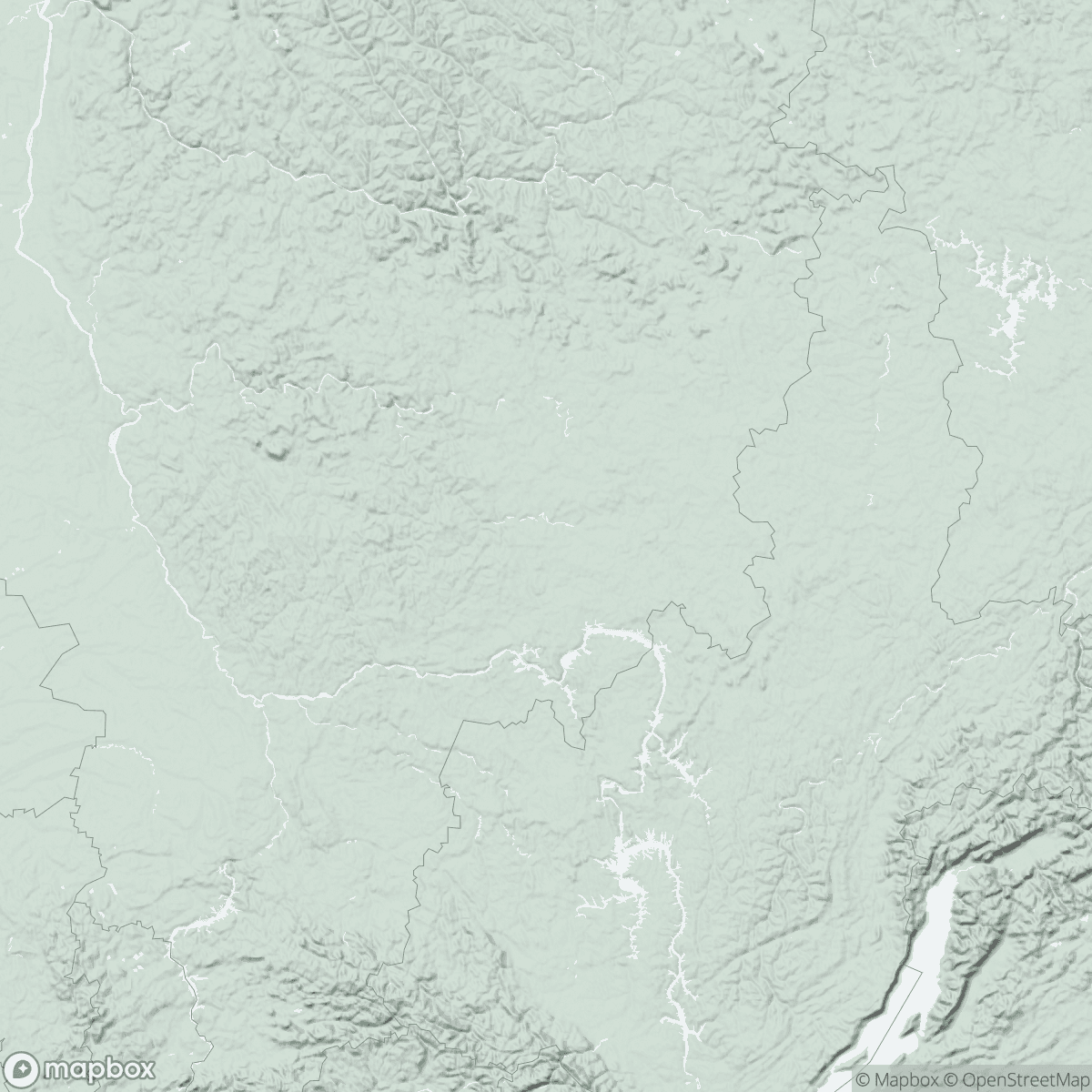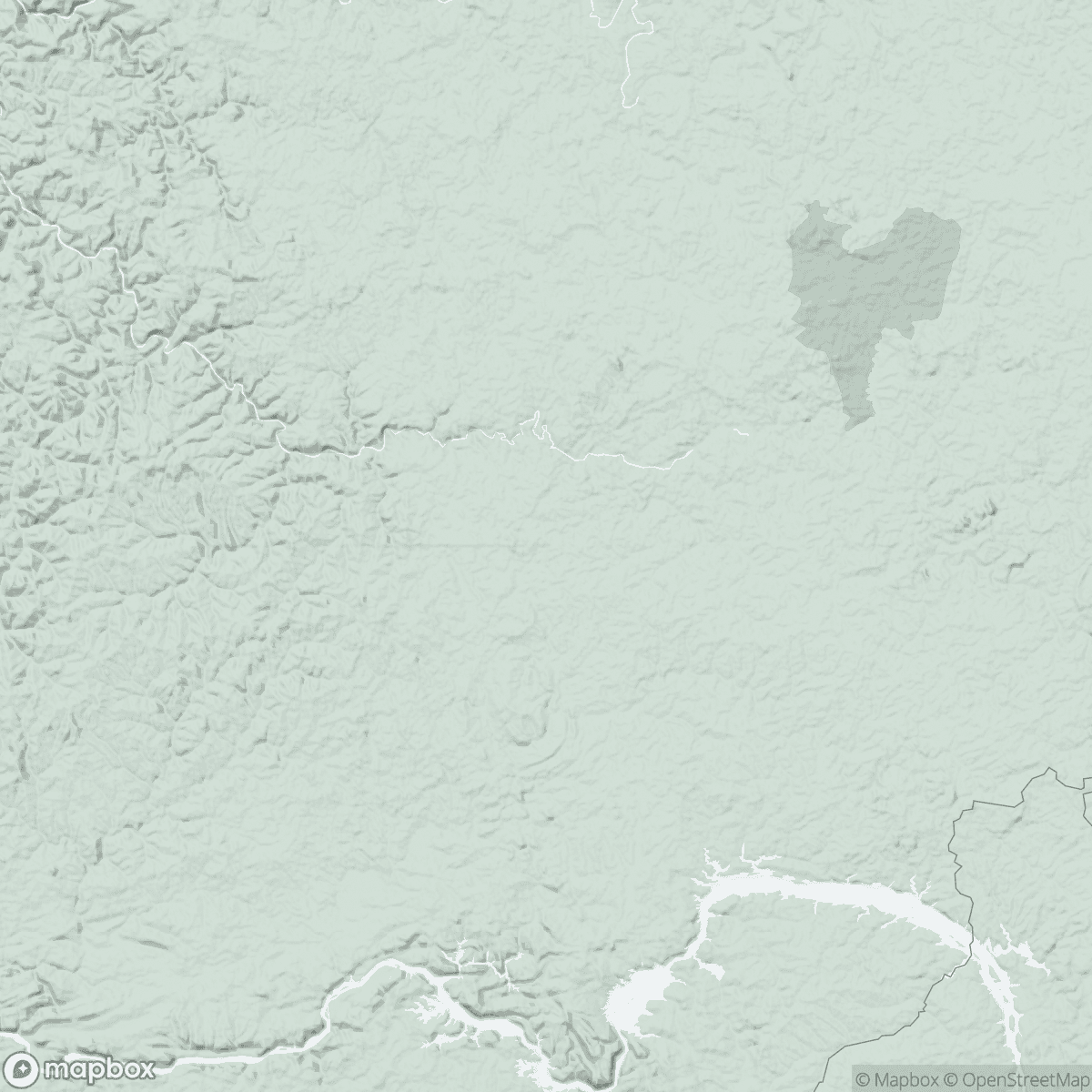Russia
Until August 2024, Médecins Sans Frontières (MSF) ran programmes in Russia to improve treatment for patients with drug-resistant tuberculosis (DR-TB) and HIV, and assisted people displaced by the conflict in Ukraine.
Our activities in 2024 —
people started on treatment for MDR-TB
In January, we expanded the DR-TB programme we had been running in the northern region of Arkhangelsk to Ivanovo, in central Russia. Our teams provided expertise and technical assistance to the health authorities, with a special emphasis on implementing new treatment regimens, improving patients’ adherence, and integrating person-centred care into services.

The aim of the collaboration was to contribute to the evidence base for more effective and less toxic treatment for DR-TB, with a view to scaling up these scientifically proven protocols across Russia.
In Moscow and Saint Petersburg, we worked with local NGOs to prevent HIV among key groups, and provide them with medical care. Urban areas in Russia attract a large number of people seeking work and income opportunities. However, individuals from vulnerable groups, especially undocumented migrants, often struggle to obtain medical care and support in big cities.
In southwestern Russia, we worked with local partners supporting people displaced by the armed conflict in Ukraine. Due to limited registration to work in Russia, we had to rely on local NGOs in the cities of Belgorod, Rostov-on-Don, and Taganrog, to ensure that people affected by the conflict received medical and mental health support. This included outpatient consultations provided by our team, as well as social support. By August, together with our partners, we had responded to the needs of thousands of people displaced from Ukraine and within Russia.
That month, we received a letter from the Russian Ministry of Justice, conveying its decision to withdraw the affiliate office of MSF in the Russian Federation from the register of affiliate and representative offices of foreign NGOs.
In September, 32 years after we began working in the Russian Federation, we were forced to close our operations in the country.

